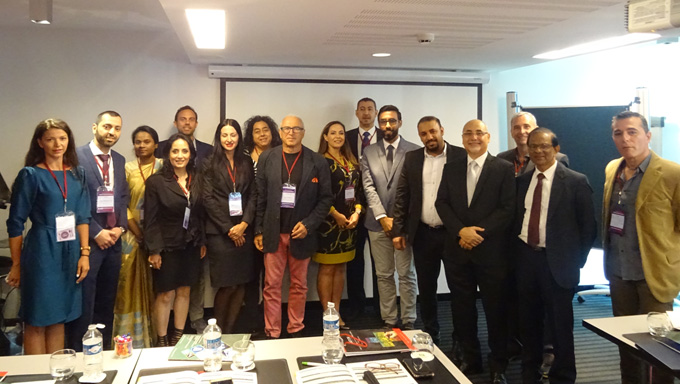
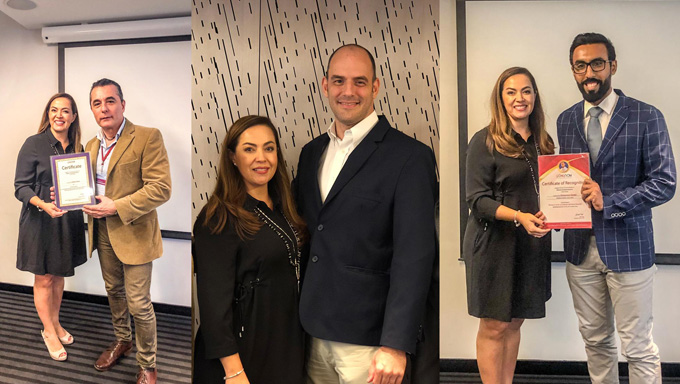
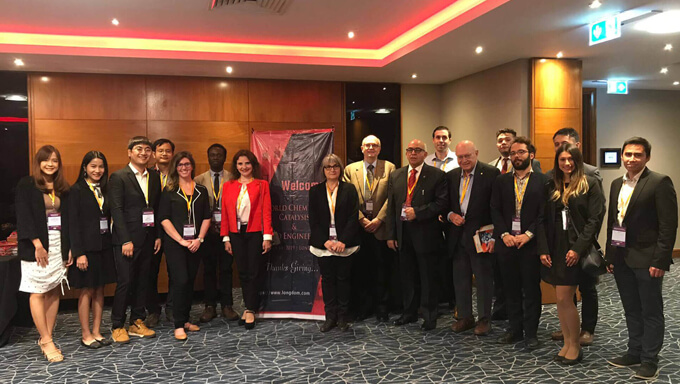
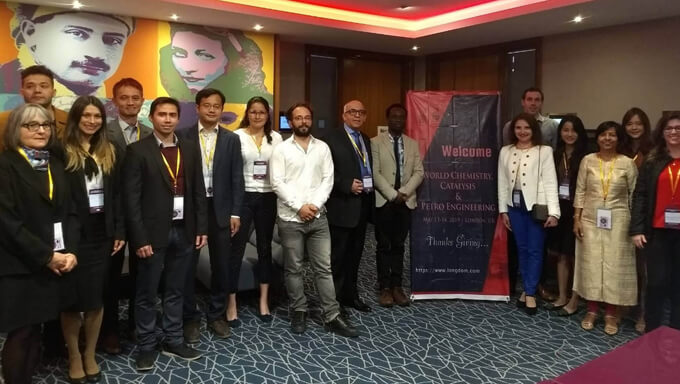
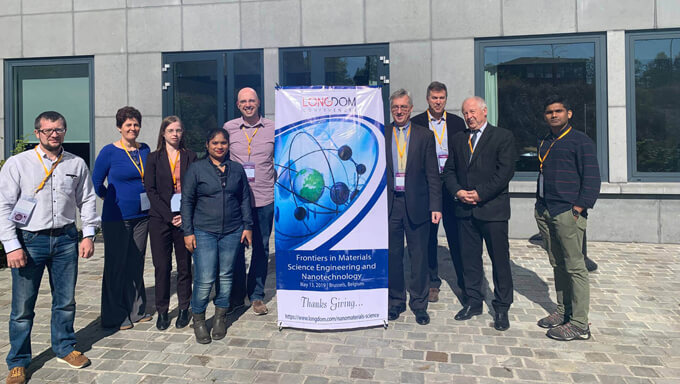
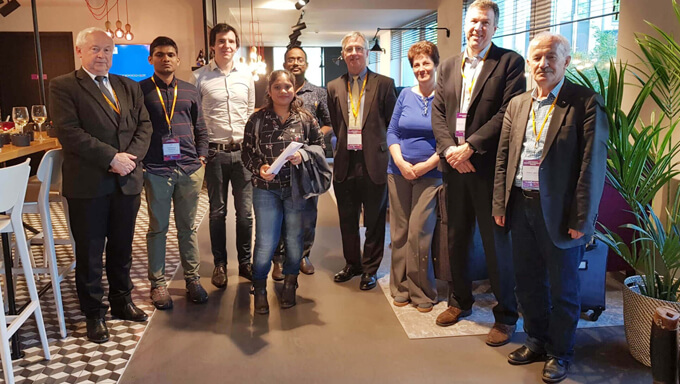
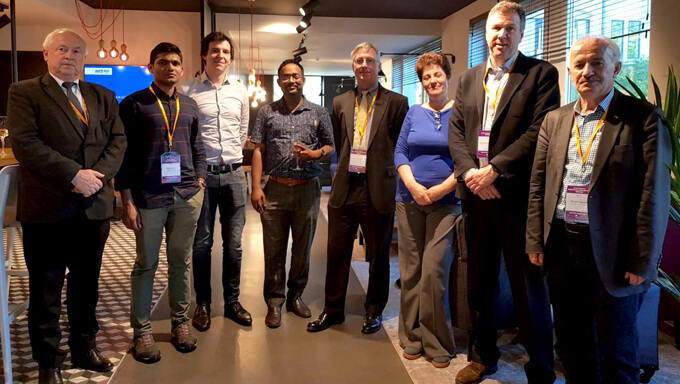
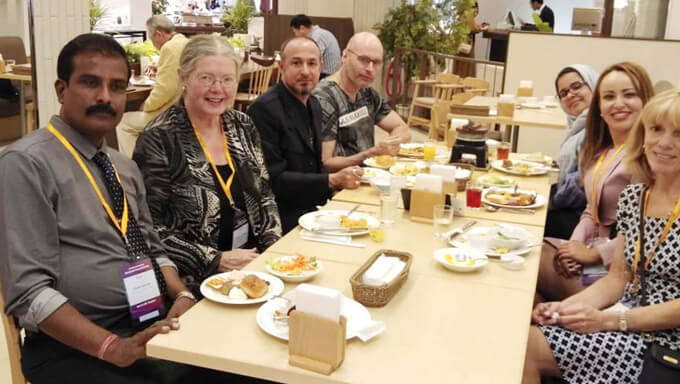
The field of Dentistry is constantly changing and evolving to better suit patient needs. Advancements in Dental Technologies can offer you modern solutions to traditional Dental problems. These technologies mainly help to improve Dental treatments that can be performed in a more efficient: effective and comfortable manner. Take a look at how far dental technologies have come in recent decades: Laser Dentistry, Digital X-Ray Machines, New Gum Procedures, Improved Veneers, No-Needle Anesthesia and many more.
Cosmetic dentistry is generally used to refer to any dental work that improves the appearance of teeth, gums and/or bite. It primarily focuses on improvement in dental aesthetics in color, position, shape, size, alignment and overall smile appearance. Many dentists refer to themselves as "cosmetic dentists" regardless of their specific education, specialty, training, and experience in this field.
Forensic dentistry or forensic odontology is the application of dental knowledge to those criminal and civil laws that are enforced by police agencies in a criminal justice system. Forensic dentistry is the proper handling, examination and evaluation of dental evidence, which will be then presented in the interest of justice. This is done using dental records including radiographs, ante-mortem (prior to death) and post-mortem (after death) photographs and DNA.
Geriatric dentistry is the delivery of dental care to older adults involving diagnosis, prevention, management, and treatment of problems associated with age-related diseases. The world’s population is currently aging with the number and proportion of elderly people growing substantially. Between the years of 2000-2005 to 2010-2015 life expectancy at birth rose from 67.2 to 70.8 years. By 2045-2050 it is projected to continue increase to 77 years. This increasing longevity can be majorly attributed to advances in modern medicine and medical technology
Holistic dentistry, also known as biological dentistry, takes into account a person’s entire state of physical and emotional health. Holistic dentists use natural therapies (often in combination with conventional ones) to prevent, diagnose, and treat diseases of the oral cavity. Holistic dentistry is an alternative approach that focuses on the use of non-toxic restorative materials for dental work and emphasizes the unrecognized impact that dental toxins and dental infections may have on a person's overall health. While traditional dentistry focuses only on the areas above the neck, holistic dentistry looks at the patient as a whole system and how the mouth relates to the rest of the body.
Pediatric dentists are dedicated to the oral health of children from infancy through the teen years. They have the experience and qualifications to care for a child’s teeth, gums, and mouth throughout the various stages of childhood. Children begin to get their baby teeth during the first 6 months of life. By age 6 or 7 years, they start to lose their first set of teeth, which eventually are replaced by secondary, permanent teeth.
Preventive dentistry is the practice of caring for your teeth to keep them healthy. This helps to avoid cavities, gum disease, enamel wear, and more. There are many forms of preventive dentistry, such as daily brushing and dental cleanings. To maintain optimal oral health, the American Dental Association (ADA) recommends visits to the dentist at regular intervals determined by a dentist. These practices are designed to ensure that teeth are clean, strong, and white. Children should be taught proper oral hygiene at an early age.
We let our ground-breaking work and our amazing clients speak for us…… LONGDOM conferences